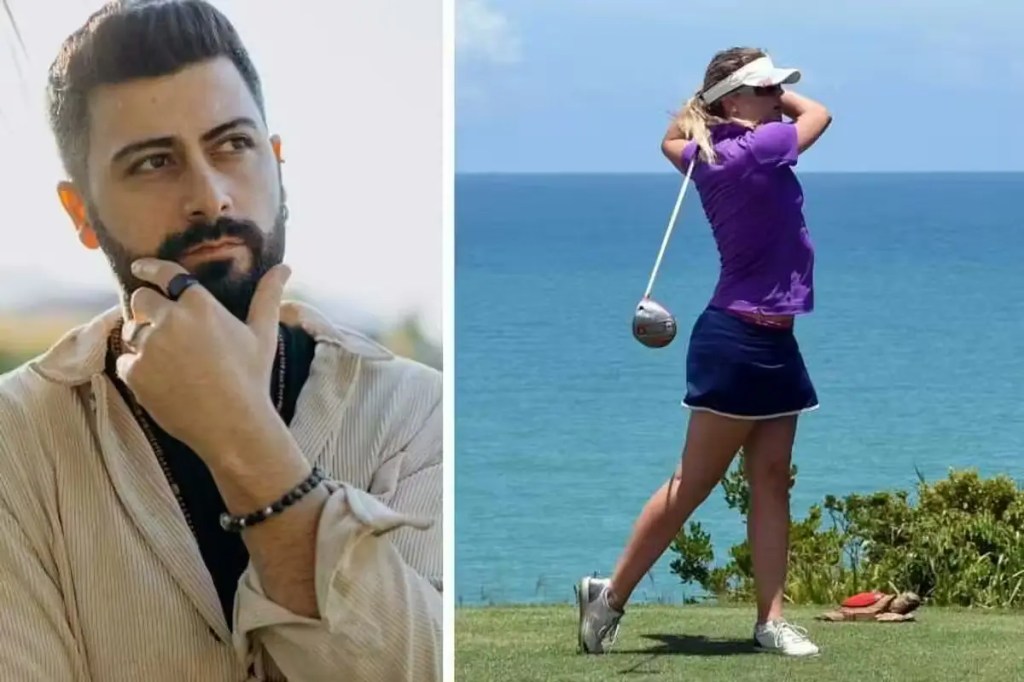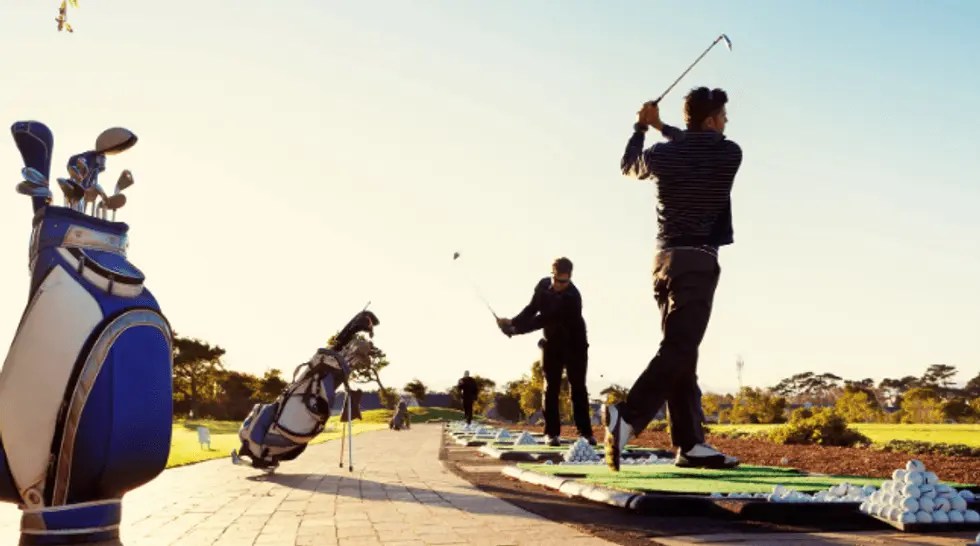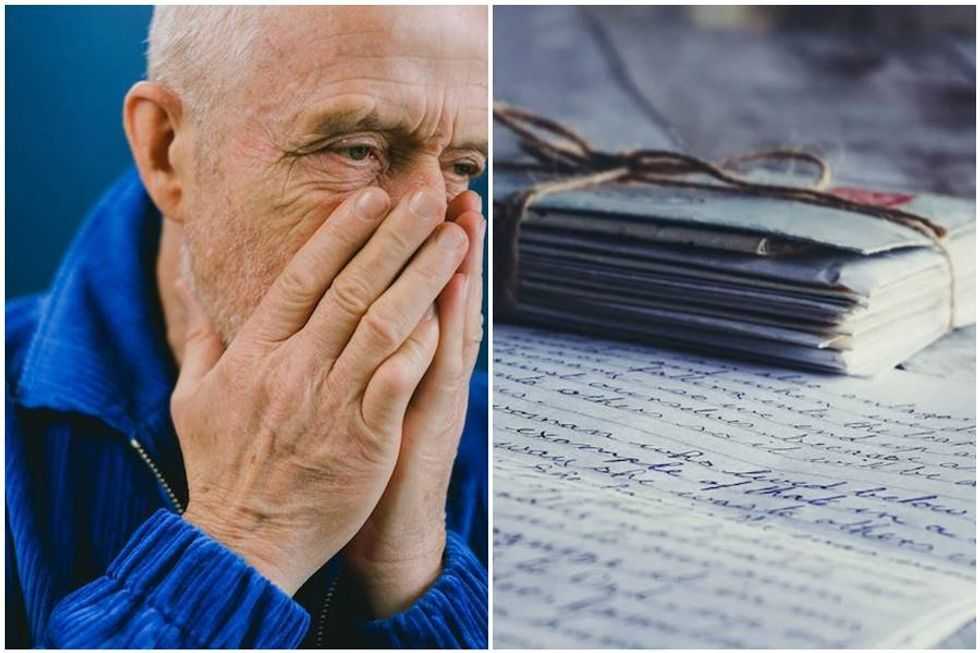This is an original piece by Jessica Sutherland, first featured on Bright and reprinted here with permission. To read more pieces like this, go to Bright and hit the follow button.
The Secret Lives of Homeless Students
After years of homelessness, I graduated college and a competitive master’s program. What about the other million-plus homeless students in the U.S.?
By Jessica Sutherland
Did you know that there are an estimated 1.2 million homeless students in American K-12 schools? For many years, I was one of them. My mother and I lived in the same motel room from kindergarten through third grade; after a few years in a “real” home that ended when I was 11, we spent the next six straight years in a cycle of chronic homelessness in the suburbs of Cleveland, Ohio.
To many people, homelessness evokes images of bums in tent cities, or families sleeping in a station wagon. While we spent our share of time sleeping in a shelter or a car, my childhood homelessness was mostly spent doing what my mother — still, to this day — prefers to call “bouncing around”: living in motel rooms, or sleeping in whatever extra space people could find for us in their homes, for as long as we could stretch our welcome. Occasionally, we’d have an apartment for a few months, but we’d never have any furniture, and we’d always get evicted.
Refusing to call our lifestyle “chronic homelessness” didn’t mean we didn’t keep it a secret, or feel ashamed of it. I spent most of my teen years attending school illegally in my father’s sleepy hometown; I was intensely aware that I needed to seem as normal as possible to avoid detection. I didn’t completely know the consequences, but I was certain that if people found out, I would get removed to foster care and end up in a new school.
Left: 7th grade yearbook picture. We were living with my godmother when this was taken, but by Christmas, we were in a shelter. Right: 8th grade yearbook picture. We were definitely homeless and I cut my own bangs. All images via Jessica Sutherland and used with permission.
Foster care sounded better than my makeshift life with my mother, but I refused to risk losing my school. My school was my safest place, full of friends I’d known forever — even though I had to keep secrets from them. After spending just one week in a Cleveland public school while staying at a downtown shelter in seventh grade, I was very aware of the quality of education I would lose if we ever got caught. My suburban school was the ticket to the future I knew I was supposed to have: a college education.
I was given several advantages at birth — an able body, an active imagination, a pretty face. From a young age, I developed a sense of entitlement to go with them. When a stranger drew my portrait on a bus when I was in preschool, my mother told me it was because I was the most extraordinary little girl in the world. My early elementary years were spent in a magnet school that laid a great academic foundation and cultivated big dreams. Even when my grades dropped, as homelessness became my normal existence, it never occurred to me that I might not go to college.
I was finally removed to foster care senior year, but thanks to some powerful and clever people, I didn’t miss a day at my beloved high school. However, I wasn’t able to take my college entrance exams until after graduating — at the top third of my class (literally, I was 101 out of 303). I took the ACT the Saturday after receiving my diploma, with none of the prep most of my friends had, and still managed to swing a 30. I was ecstatic: with that score and my decent GPA, I had a great chance of getting into college next year. I was certain that a life full of opportunity and success would follow.
I only got senior pictures because the photo company chose me to use in advertising, so they were free.
My foster parents made no mention of forcing me out of their home once I turned 18, but as my birthday loomed, I realized I had no plans for my life between high school and college. I began to work more hours at the 24-hour diner by the freeway, saving money and sleeping little. I knew I needed to figure out what happened next. I was about to be a legal adult, but I still felt very much like a foster kid.
A late-night TV commercial caught my notice after a long shift at the diner: the nearest state school, Cleveland State University, was still accepting applications. I dragged a dear friend on a campus tour the following week. It was weird to be choosing a college in July. My friend was going to a fancy private school a few hours away, but she validated my excitement when we toured the largely commuter school’s lone dormitory, a converted Holiday Inn.
“I can see you living here,” she said. And so I applied.
At my interview, the admissions officer asked me why, with stats like mine, I would ever apply there. At the time, the school was not known for high standards of admission.
I didn’t tell her I was a foster kid with nowhere else to go; I didn’t tell her it was my only chance to avoid a gap year; I didn’t tell her the structure of the dorm seemed like a better idea than living on my own at 18. I simply expressed my desire to learn.
My acceptance letter arrived within the week. My beautiful parents allowed me to stay with them, rent-free, for the two months between my birthday and the dorm’s move-in day. I checked the right boxes on my FAFSA and got grants and academic scholarships I needed to cover most of my expenses. I walked onto two sports teams, in order to cover the rest without loans.
I was going to college, without a gap year interrupting my education. But it never occurred to me that I might not graduate.
“However, a familiar panic set in: where would I live until then? I didn’t want to take summer classes just so I could keep my dorm room.”
I breezed through my freshman and sophomore years. Those are the days I think of fondly as my most typical college experience.
As a cheerleader for a Division I basketball team, and a mid-distance runner, I was more sheltered and supported than I realized. A small staff oversaw my medical health, while another tracked my academic performance and guided me towards graduation. Thanks to mandatory team study halls and frequent physical therapy in the training room, most of my social circle was comprised of other athletes.
Getting tossed in the air as a CSU Vikings cheerleader.
I traveled for my teams, and I traveled with my friends. I spent spring break in Florida and threw up in the sink of a beachfront McDonald’s (to this day, I can’t hold my alcohol). I was assigned a crazy roommate who used to stand over me in my sleep, but it wasn’t until she threatened to throw me out of a window, in front of our RA, that I learned that I could do something about it. I was upgraded to a large single, and my baseball-playing boyfriend began to spend the night most of the time. I worked at a ridiculously expensive clothing store in a nearby mall.
I was a normal college kid.
Freshman year.
By the end of sophomore year, I was eager to keep up with my friends who felt they were too old for the dorm. I agreed to move into a house with a fellow athlete that coming fall.
However, a familiar panic set in: where would I live until then? I didn’t want to take summer classes just so I could keep my dorm room. Even if I did, I would still have to move out of the dorm for two weeks between semesters. I’d spent those closures at my foster parents’ house in the past, but the room where I slept had since been converted to an office.
“I have an idea,” my baseball-playing boyfriend said to me one night. “You should move into my room for the summer. My mom won’t care.” He was headed out of state, to play in some competitive league for the entire summer.
“No way. I could never ask her to do that. She’d never say yes.”
“I already asked her. She already did.”
“Nobody was keeping me in line; nobody was telling me I was allowed to make mistakes.”
Junior year was a disaster. My friend and I found an apartment, but she secretly decided to transfer schools mid-year, so she never signed the lease. When she moved out, I was responsible for more rent than I could afford. I soon began working at a downtown brewery more, and going to school less. There was nobody to ask for help or guidance, and my attempts to live with other roommates failed miserably.
Ultimately, I broke the lease and moved into a much cheaper and crummier apartment in a much worse neighborhood. My baseball-playing boyfriend and I fought constantly, and finally broke up. I dabbled in a different major, and my grades plummeted. I’d quit athletics that year, and my life suddenly lacked the excitement and structure it once had. Nobody was keeping me in line; nobody was telling me I was allowed to make mistakes.
For the first time in my life, I got an F on my report card. I decided I needed to take a semester off.
When I told my family about leaving school, nobody challenged me. Nobody told me it was a bad idea to drop out, that nearly half of college dropouts will never return to finish their degree. At 20, completely on my own, I needed an advocate, a mentor, a bossy guide to force me to take the harder road.
But as much as I needed a kick in the butt, nobody told me to keep going. So I didn’t.
I dropped out for what became five years, before finally hitting a ceiling at my sales job that could only be shattered with either three more years of experience or a college degree. My boss had always insisted that I was too good for sales, and he strongly encouraged me to finish my bachelor’s so I could have more choices.
So, at 25 years of age, I decided to finish what I had started, and returned to Cleveland State as a junior. I didn’t have the support of the athletic department, but I had enough life experience to navigate the madness of choosing the right classes and filling out endless paperwork. I knew how to pay bills and keep a roof over my head.
In the meantime, Cleveland State had made vast improvements, and so tuition had tripled. I had no choice but to take out loans to offset what grants didn’t cover. I took work as a cocktail waitress to pay my bills.
My first Film Festival, with a film I made in undergrad.
In 18 months, I had my degree — and decided to continue my education even further. After internships and student projects at local news stations and with the Cleveland Indians, I knew I wanted to work in film and television. I had always fantasized about attending film school, but it wasn’t until two of my CSU professors pushed me to apply that I thought I might actually get accepted. They were right about me: I got in everywhere I applied, and chose the University of Southern California (USC) School of Cinematic Arts for my Master of Fine Arts.
While packing to move to Los Angeles, I found a box with abandoned applications and glossy USC brochures from years past. USC had been my dream school for nearly a decade, especially while I was dropped out of college. I smiled to myself as I realized how far I’d come. That abandoned dream was about to become reality.
By 2012, I had a master’s degree from USC and a good job at Yahoo!, which I thought was everything I wanted. I always knew I would tell my story one day; now that I had a happy ending, I had the power to help other homeless kids like I once was.
Graduating USC.
Eventually, I went to observe “Mondays at the Mission,” a wonderful life skills class for teenagers at the Union Rescue Mission on Los Angeles’ Skid Row. When a scheduled speaker got stuck in traffic, I was asked to share my story as a backup. I remember feeling unbelievably nervous. Though it was my story, there was a lot to say, and I had nothing prepared. Before I could say no, founder Christopher Kai assured me that my story was worth telling. I pushed through, speaking for 45 minutes.
I wanted those children to know they had nothing to be ashamed of, that homelessness is not permanent, and that scars heal. Most importantly, I wanted them to learn to ask for help. Once I’d learned to ask for help, to accept it, and to trust others, my life got so much better. I told them that nobody was waiting for them to fail. They had to be brave and open up to trusted adults.
My speech captivated the kids. One student asked me why I didn’t cry as I told my sad story. I said that even when things hurt us, wounds heal. Scars remind us of the pain we’ve survived, but they themselves do not hurt anymore.
After class, a soft-spoken boy named James lingered. I only came up to his shoulders, but his shyness made him seem half my size. “Do you think you could help me get into college?” he asked.
I took a deep breath and looked him in the eye. I’d barely gotten into college myself, but…
“Absolutely.”
The first photo James and I ever took together.
A year later, my young friend was accepted into 9 out of the 13 schools he’d applied to. In the end, he chose Howard University. He also chose student loans, which are, with rare exception, a necessary evil when attempting to better oneself through higher education.
When his Parent PLUS loans were declined, due — somewhat ironically — to his family’s poverty, I created a crowd-funder for him on Tumblr, using the hashtag #HomelessToHoward. It went viral overnight. Within two weeks, we’d raised so much money that I had to apply to start a nonprofit in order to protect the funding as scholarship, rather than income.
I had a master’s degree in my dream field, from my dream school; I was on track to a decent career as a producer. While I’d always hoped to inspire young people with my story one day, I hadn’t planned to give up my producing career just as it began. I was ill-equipped to run a nonprofit to help homeless kids. But by this point, I’d realized that my life doesn’t always go according to plan.
“Yet somehow, when all was nearly lost, someone always saved my day, cheered me on, and pushed me forward. What if Homeless to Higher Ed could be that someone for the 56,000 homeless kids in our colleges today?”
Most nonprofits start with an idea. Planning comes next, then fundraising, and then hopefully publicity. My organization, Homeless to Higher Ed, was built in reverse: We raised money and went public before I knew what our precise mission would be.
I watched my young mentee closely as he transitioned to a college student and mini-celebrity. I quickly realized that money didn’t provide everything he needed to thrive; there was so much more to it than that. So I began researching homeless students in American colleges. And I was shocked to find that I could see myself in the statistics.
There were over 56,000 homeless and aged-out foster youth enrolled in American colleges in 2014. I learned that more than 90% of them won’t graduate within six years. It took me nine years to get my bachelor’s.
Even in a dismal economy, unemployment rates decrease as education level rises: to wit, education is the most reliable escape from poverty. And the most consistent indicator of success in college is whether or not the student’s parents attended college. I had no college-educated relatives guiding me.
I also learned that homeless college students tend to be secretive. Fiercely independent. Eager to fit in. Afraid they have no right to be in college. Ashamed of their poverty. Paranoid about what poverty says about them to others. These traits combine to make them hard to identify — and it’s even more challenging to get homeless students to accept help, much less ask for it. Daresay that most of them think they don’t need it.
I’d never really thought about the odds that I’d beaten to get where I was. To me, it was the only normal course for my life, and failure wasn’t an option. Except, of course, for all those times when it was.
Yet somehow, when all was nearly lost, someone always saved my day, cheered me on, and pushed me forward. What if Homeless to Higher Ed could be that someone for the 56,000 homeless kids in our colleges today?
“Homeless college students? That’s a thing?”
Six months after incorporating the nonprofit, I had our mission: to normalize the college experience for homeless and aged-out foster youth. This also means that we need to de-stigmatize homelessness, so students in need will self-identify and get the help they need.
I often joke that my greatest shame is now my claim to fame. It’s now impossible to Google me and not know that I spent a long time homeless. It’s not something I’ve hidden about myself; I’ve been open about my childhood for my entire adult life. However, homeless students in college are often quite ashamed of their background, and struggle mightily to hide it. In fact, that 56,000 number is likely just a fraction of the actual homeless and aged-out foster youth in American colleges today, since it’s based solely on students’ willingness to self-report.
9 times out of 10, whenever I tell someone that I am building an organization that helps normalize the college experience for homeless students, the reaction is, “Homeless college students? That’s a thing?”
Yeah. It’s a thing. But it doesn’t have to be.
































